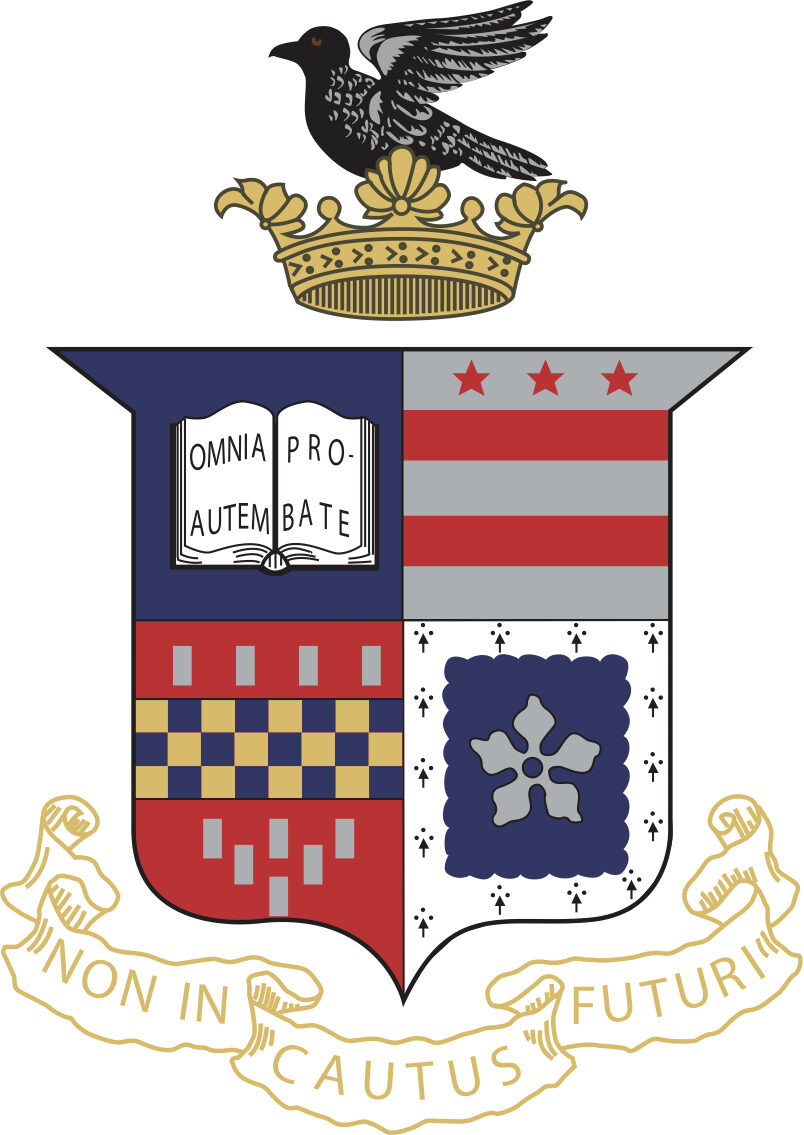Federal Certificates of Confidentiality (“Certificates”) protect sensitive information about human research subjects from disclosure and use in judicial, administrative, and legislative proceedings at both the state and federal levels. When they were first authorized by Congress in the 1970s, Certificates covered sensitive information collected in research about drug addiction use. Today, however, they extend to virtually all personal information gathered by biomedical research studies. The broad reach of Certificates, coupled with their power to override state subpoenas and warrants issued in the context of law enforcement, abortion regulation, and other police powers typically under state control, beg the question whether Certificates are constitutional.
This Article, for the first time, examines the fundamental constitutional underpinnings of Certificates and situates them within the context of federal statutory privilege law. In so doing, it makes several contributions to the existing literature. First, after a brief background about Certificates and other congressional action relating to biomedical research, this Article argues that the Certificate statute creates a federal statutory privilege. To date, the language of privilege has been wholly absent from discussions of Certificates and their reach. Yet understanding the Certificate as a privilege provides well understood nomenclature and legal principles for applying the Certificate statute. Second, this Article locates the primary constitutional authority undergirding the Certificate statute in the Commerce Clause. Third, this Article argues that Congress’s power to tax and spend provides further constitutional grounding for Certificates, at least with respect to federally-funded researchers and institutions. For both bases of constitutional authority, this Article maps new territory, yielding clarity where there has previously been uncertainty. Fourth, this Article brings together constitutional doctrines limiting both congressional power and evidentiary privileges to illuminate how these doctrines may require Certificate protections to give way in exceptional cases. In so doing, it bridges traditional constitutional law and evidence law, reaping insights from their intersection from which scholars in both fields may benefit. Finally, this Article considers the implications of this constitutional analysis not only on Certificates, but also on congressional action aimed at regulating human subjects research more generally and on the law surrounding federal statutory privileges.
